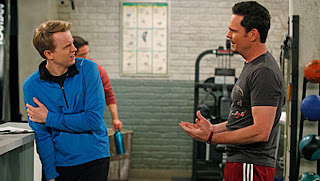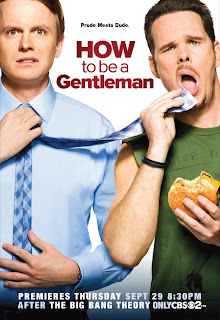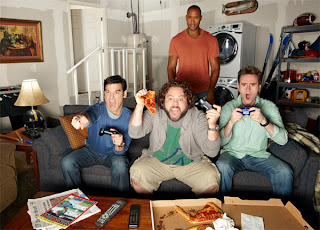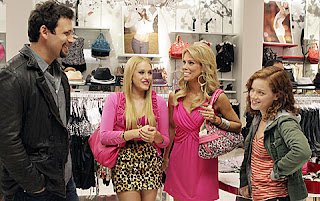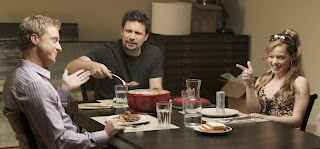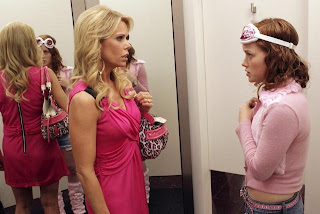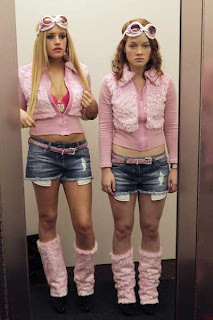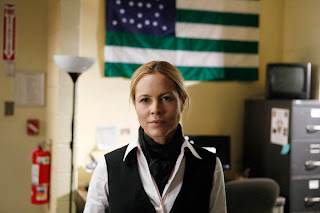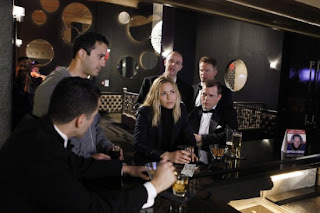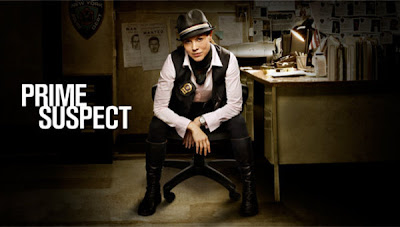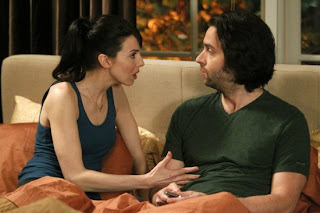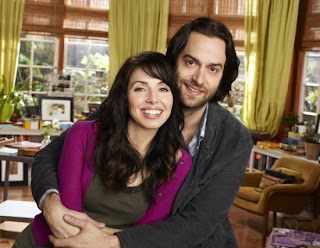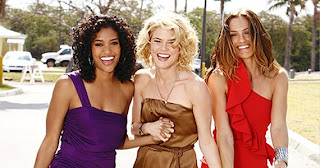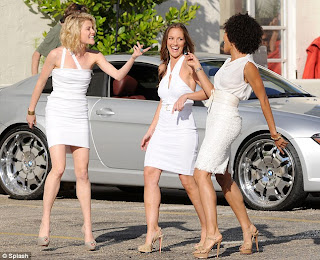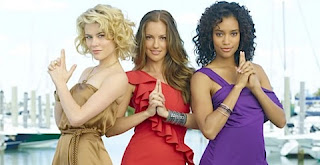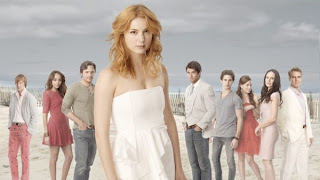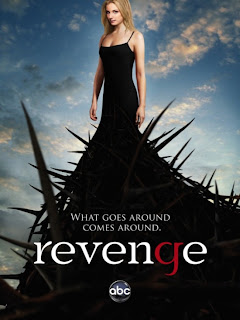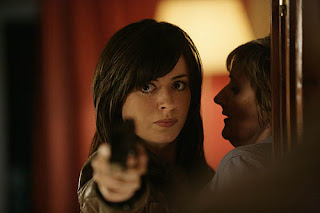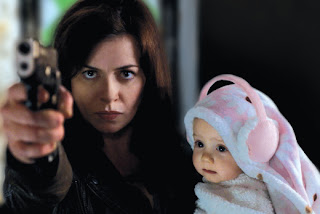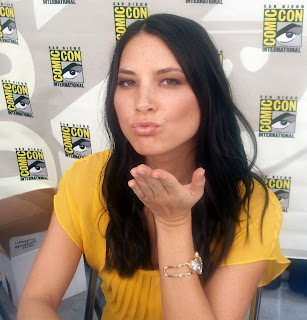This is a bit more informal than usual, but in honor of the repeal of Don’t Ask Don’t Tell today, I’ve been pondering a little what our cultural landscape would have looked like without it. Since December 21, 1993 it has been illegal for servicemen and women in our Armed Forces to reveal their sexual orientation (should it be aught else than hetero-normative) and whether we acknowledge it or not, that’s had a big impact on popular culture.
There are the stories that have been told.
NCIS, for one, told some very touching and occasionally pointed stories about the deaths of gay and lesbian Naval Officers and Marines. In one episode, they investigated the death of a Navy Seal who had fallen to his death during a routine exercise. It was only upon investigating, interviewing his wife and discovering his lover, that they realized he had let the rope go, so as to kill himself in as subtle and shameless a way as possible. That story, and the true stories that inspired it, might not have happened.
There are also the stories that could have been told. In a world without DADT, would Sheppard and McKay on
Stargate: Atlantis finally have realized that simmering sexual tension and done something about it? For four seasons we were asked to buy that they had an epic “bromance”. I put it to you that the average bromance has much less touching, hugging, self-sacrifice and fewer declarations of love. No, what they had was a romance. Would they have gotten the chance to actually act on it?
Would Graham Miller from
Buffy the Vampire Slayer have been gay? It’s hinted at in his (admittedly few) appearances in Season Four. He was a soldier in the Initiative, and a good friend of Buffy’s boyfriend Riley. While not a popular fan theory (he’s not a popular character), suspicions arose about Graham when Riley commented on how strange Buffy was and Graham came back with the seemingly nonsensical rejoinder, “Maybe she’s Canadian.” It’s unclear whether he meant it this way or not, but in some (gay) circles, Canadian is slang for gay.* Whatever Joss Whedon’s intentions, in an alternate universe, we would have had the chance to find out.
I am, however, thankful for the steps that have been taken. While Diana Barrigan on
White Collar is not in the military, nor is her partner, Christy, she is an FBI Agent, and ten years ago it would have been virtually unthinkable to have a minor lesbian character on a relatively straight-edged show on as unadventurous a network as USA. That’s progress, strange as it may seem. The right of the gay community to become ordinary. Isn’t that what we all want?
But, in some cases, even the repeal of DADT wouldn’t have solved everything. If Jim had really married Blair on
The Sentinel, as it so very very often seemed he might (really, they were not just roommates, watch it again), Blair would still not have access to Jim’s military benefits. Nor would he have access to most spousal support groups or to Jim’s healthcare. Civil unions and gay marriages are not yet recognized as legal by the US Military. Unless specially allowed for, same-sex partners are often denied a military ID, which can keep them from access to the base where their partners serve. (Source: BBC News Magazine
here). We hope, of course, that all of this will change in the months and years to come, and certainly the repeal of DADT has been a major step. A massive step.
Because here’s the thing: I want it to matter. Prior to the advent of Don't Ask Don't Tell, gays and lesbians (and bisexuals, one supposes) were banned from serving in the US Military. Don't Ask Don't Tell was a step forward, but all it did was make the ban implicit instead of explicit. Now the ban is gone. While the homophobia is free to remain, at least it is no longer codified as law. And that means something.
In all the years that
Star Trek has been gracing us with its presence, there has never been a gay character. Never. Gene Rodenberry’s futuristic utopia, where all races, religions and creeds live together as one has not a single gay person. Well, to be specific, there are, I believe two instances of lesbianism, but both are “solved” by the end of the episode. Rodenberry himself wanted to include gay characters, and had he not passed away, he would have made sure to do so. But the more recent show-runners have shied away from gay characters, perhaps because Starfleet is meant to be a meld of the Air Force and NASA. I want an openly gay character on
Star Trek. It’s the future. I’d like to think that we all get to go.
Obviously, these are just fictional examples, and I by no means want them to cheapen the experiences of the real men and women whose lives have been affected by this bill, or indeed the bills that are hopefully to come. But I like to think that popular culture, insofar as it is a reflection of ourselves and indeed the selves we often wish we were**, should occasionally take a minute to recognize the societal forces that act upon it, and consider the ways it’s been shaped over the years.
So here’s to you, Repeal of Don’t Ask Don’t Tell Policy. You’ve changed popular culture—now all of us have the chance, at last, to be ordinary.
Or to enter Starfleet.
*Ten percent of the population of North America is gay. Ten percent of the population of North America is also Canadian. You do the math.
**Superheroes.
Doctor Who. Indiana Jones. I could go on.
[Final Note: I realize that all of my examples are from television. Sorry. You can also imagine that Steve Rogers finally admitted his love for Bucky in the
Captain America comics, or that Scarlet in the abominable
G.I. Joe movie was a lesbian. Though, let’s be honest, that never would have happened. Not when there are still men she could date. At most she’d be a bisexual. And while I wholeheartedly confess to the existence of bisexuality, I tend to disbelieve it in cases of fetishization.]






